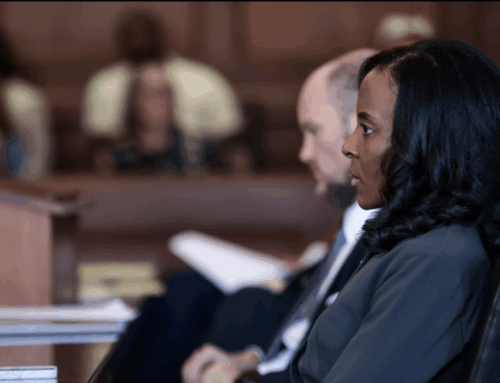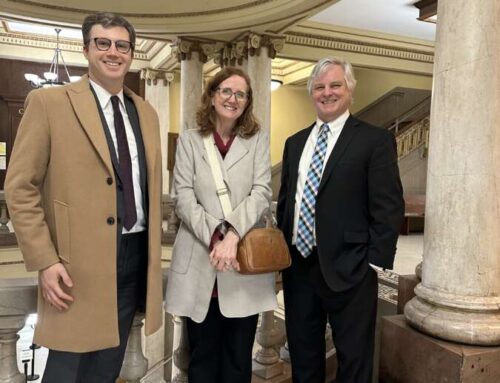New order requires real-time access to public meetings held electronically
Beginning on Oct. 1, all governing bodies in Tennessee must provide real-time audio or video access of their meetings held electronically.
Under Gov. Bill Lee’s earlier executive order, governing bodies who met electronically instead of in-person because of COVID-19 safety concerns had to make “reasonable efforts to provide live access.” But if a governing body could not provide live access after making such efforts, it could make a recording of the meeting and provide it to the public afterward.
The new order, issued on Aug. 28, requires both live access and a “clear audio or video recording of the meeting.” The recording must be made available to the public “as soon as practicable” after the meeting and no more than two business days afterward.
Members participating by phone must identify themselves before speaking
The order also includes a new provision that requires members of governing bodies and others participating in an audio-only meeting to identify themselves before speaking so that the public can know who is talking. This would apply to conference calls and web-based meetings in which video is not used.
The order remains in effect until Oct. 28.
The new order also has slightly firmer language about providing the public with an agenda in the public notice of the meeting. The omission of agendas is a common complaint among citizens whose governing bodies don’t provide agendas of their meetings to the public in advance or provide such vague agendas that it’s difficult to tell what business is planned.
In the executive order, governing bodies “are strongly urged to provide an agenda for the meeting” to the public, but it stops short of requiring that an agenda be provided.
Emailed public comments must be read into the record
Also addressed in the new order are the public comment portions of meetings. Not all governing bodies have requirements for public comment periods. But for those that have them, the order says that “such requirements may be accomplished by allowing timely and appropriately submitted written public comments to be read into the record by a member or staff of the governing body during the meeting of the governing body…”
Some citizens had complained that some governing bodies had started taking emailed public comments instead of allowing verbal comments at an electronic meeting, but because the comments were not read during the meeting, it was unclear if members of the governing body ever actually heard or read them.
The order also stated that nothing prohibits members of governing bodies from meeting together in the same location while allowing other members to participate electronically, so long as they comply with the other parts of the order regarding the electronic meeting.
Votes must be by roll call in electronic meetings
As before, the executive order continues to require that the provisions already in the Open Meetings Act for electronic meetings to apply. This includes a requirement that all votes must be by roll call and a prohibition against governing body members who participate electronically from per diem eligibility for the meeting.




